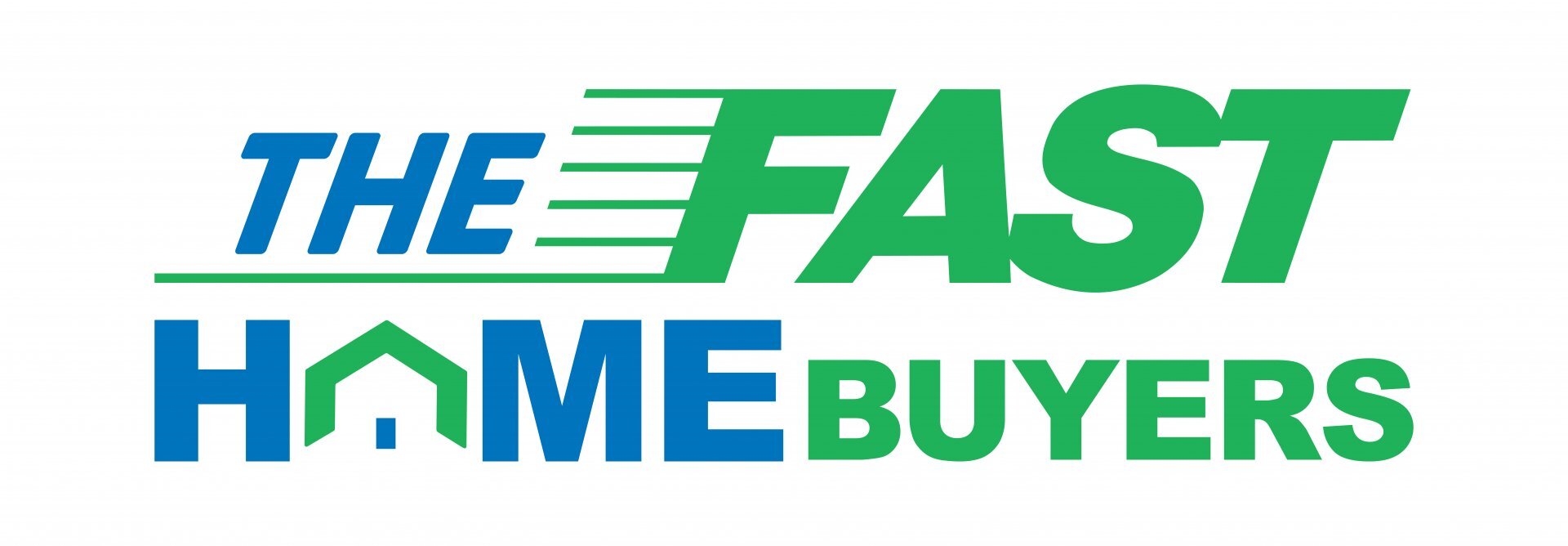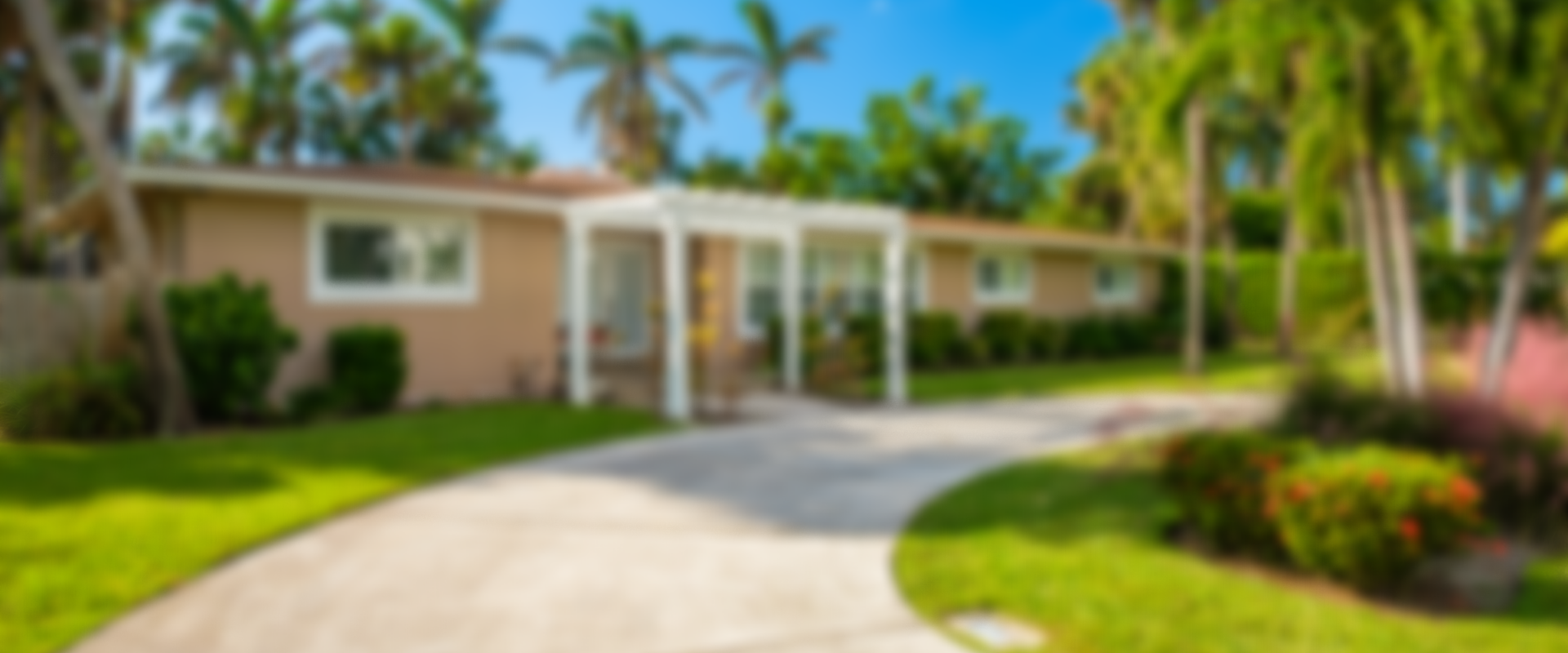
Selling a house can be a costly endeavor, especially in a competitive market like Florida. As a seller, you want to get the best value for your property while also ensuring a smooth and hassle-free transaction. However, it is important to consider all the costs associated with selling your house in order to make informed decisions about your investment. In this blog post, we will explore the various costs that you can expect when selling your house in Florida and a few things you can do to lower them.
Real Estate Agent Commission
One of the biggest costs associated with selling a house is the real estate agent commission. In Florida, the standard commission rate is around 6% of the sale price, with 3% going to the seller’s agent and 3% going to the buyer’s agent. This means that if you sell your house for $500,000, you can expect to pay $30,000 in commission fees. That number can get pretty steep, taking a huge chunk out of any potential profits.
However, it is important to note that commission rates can negotiable, and some agents may be willing to work with a lower commission rate. Additionally, there are alternative options to selling your house with a traditional real estate agent, such as selling your house directly to a professional buyer such as The Fast Home Buyers.
Closing Costs
Closing costs are another significant expense associated with selling a house. These costs typically range from 2% to 5% of the sale price and include fees such as title insurance, attorney fees, and transfer taxes. For a $500,000 house, you can expect to pay between $10,000 and $25,000 in closing costs.
Again, it is important to note that closing costs are negotiable, and some sellers may be able to negotiate with the buyer to split these costs or have the buyer cover them entirely. When you sell your house directly to The Fast Home Buyers, these costs are handled for you.
Home Repairs and Upgrades
Before putting your house on the market, it is important to consider any necessary repairs or upgrades that may be needed to attract buyers and get the best value for your property. These costs can vary greatly depending on the condition of your house and the extent of the repairs needed.
Some common repairs and upgrades that may be necessary include:
– Repainting the interior or exterior of the house
– Replacing outdated fixtures and appliances
– Repairing any structural damage
– Upgrading the landscaping and curb appeal
It is important to keep in mind that these costs can add up quickly, and it may be necessary to prioritize which repairs and upgrades are most important in order to stay within your budget. While you may not fix everything, you’ll want to fix up the property enough to be competitive with others on the market. Direct buyers will typically buy houses as-is, eliminating the need for repairs altogether.
Staging and Photography
In order to attract buyers and showcase your house in the best possible light, it may be necessary to invest in staging and professional photography services. Staging involves arranging furniture and decor in a way that highlights the best features of your house and makes it more appealing to potential buyers. Professional photography can showcase your house and make it stand out in online listings.
Staging and photography costs can vary depending on the size and condition of your house, but you can expect to pay between $500 and $2,000 for these services. Just like the other costs, you can avoid these by choosing a direct sale.
Marketing and Advertising
Marketing and advertising are essential for getting your house in front of potential buyers and generating interest in your property. This can include online listings, printed materials such as flyers and brochures, and open houses and other events.
Marketing and advertising costs can vary depending on the extent of the campaign and the methods used. However, it is important to consider these costs when budgeting for the sale of your house, as they can add up quickly.
Taxes and Fees
Finally, it is important to consider any taxes and fees associated with selling your house. You may have to pay a transfer tax, which is a tax on the transfer of real property, along with any property taxes owed. Capital gains taxes may come into play if you stand to earn a substantial profit on the house.
Additionally, if you have a mortgage on your house, you may be responsible for paying prepayment penalties or other fees associated with paying off the mortgage early. Make sure you are area of these costs before going to the trouble of listing your house.
Selling a house can be a complex and costly process, and it is important to consider all the expenses associated with the sale in order to make informed decisions about your property. By taking into account the costs outlined above, you can create a budget and plan for the sale of your house that is in your best interest. In some cases, a traditional sale may not be right for you. Do you have questions? We can help! Call our team today to learn more! 561-260-5425

